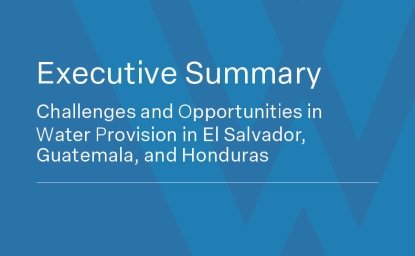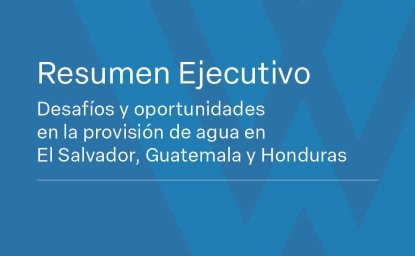Last Saturday, March 22nd, we celebrated World Water Day .Apart from a few words on the subject, neither the government, nor social organizations in Mexico, held commemorative events. It seems that instead of symbolic acts, the government has decided to take concrete action.
Water issues in Mexico are one of the most serious for the present and future of the country; however, they do not seem to have a prominent place in the public policy agenda.
We can identify three trends from this complex problem. First, the poor distribution and allocation of resources in part due to excess and waste, and in part due to shortages. Second, water pollution. Third, our water culture.
Regarding the first of these issues, which we could call “the problem of access to water”, it should be noted that roughly77% of water goes to agricultural uses. This is unique in that 55% of this water is wasted because of the precariousness of irrigation infrastructure. In addition, much of it is polluted by fertilizers and pesticides (62% of wastewater is generated by the agricultural sector). This waste also contributes to the overexploitation of aquifers.
This should not be surprising given that (77%) of water used for agricultural purposes is free of charge. Therefore, there is no incentive to improve irrigation infrastructure and save this precious resource. The paradox is that, while many talk about water issues, very few stop to think about this important fact before proposing solutions.
In contrast, water utilized for other uses (domestic, services, industrial, etc.) is insufficient and generally of poor quality. While this water is available at a cost, with few exceptions, the service providers do not measure it correctly, and do not regulate it sufficiently to ensure sustainability or expansion. Therefore, the availability of potable water of “acceptable” quality is limited, despite programmatic commitments by the government. Additionally, little thought is given as to “payment for environmental services” included in the cost of water to support the forests that induce the replenishment of surface and underground bodies of water.
By providing “potable” water for all uses, authorities must also be responsible for its treatment. When there is no water, there’s no need to treat it. Therefore, when talking about improving water access (coverage and quality), we must consider the need to treat it. There are also very few resources destined for this purpose: 47.5% of water in Mexico is not treated, or not properly treated.
As previously discussed in this column, deficiencies in the “charge and payment” of water reflect the complex institutional framework that exists in Mexico over water. We are still waiting for a “General Water Law”, an essential piece of legislation to further solutions needed in this area.
The other key tool to improve water management in Mexico is the National Water Program 2013-2018, signed by President Peña Nieto a couple of days ago, and pending announcement. This is essential to correct the root cause of the water problem in Mexico that, in addition to the lack of regulatory clarity, presents a lack of clear objectives and feasible solutions that coordinate the mandates of the various agencies that participate in water management today. We should be certain to give equal consideration as to the goals and policies present in this proposal.






